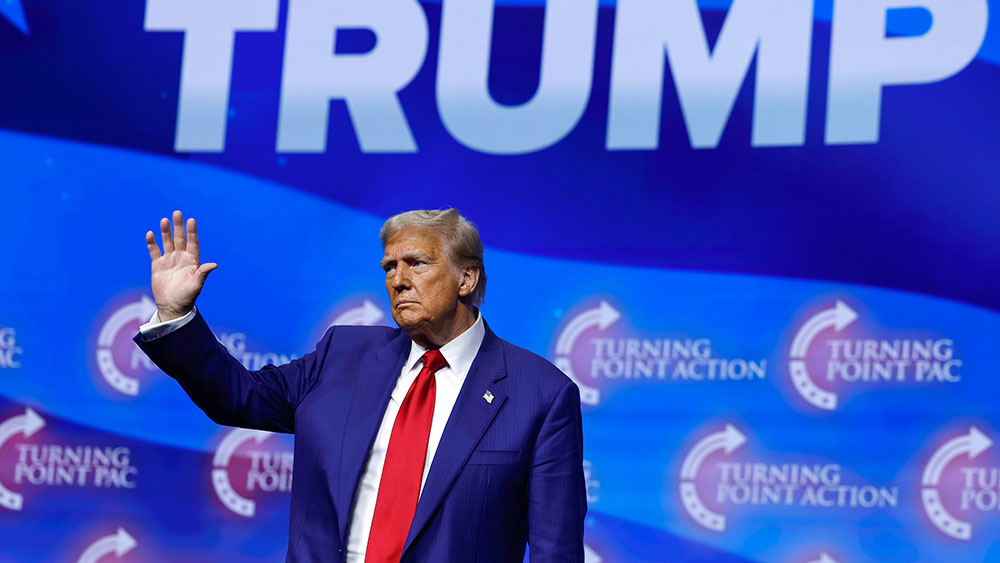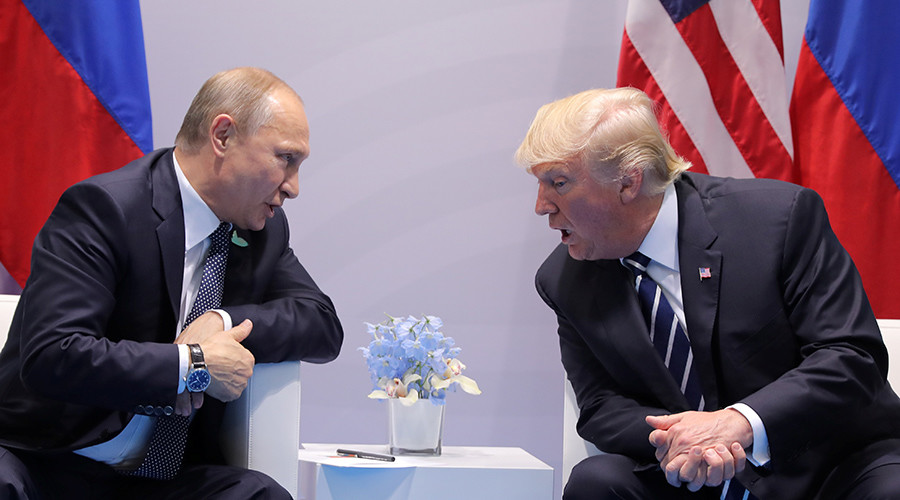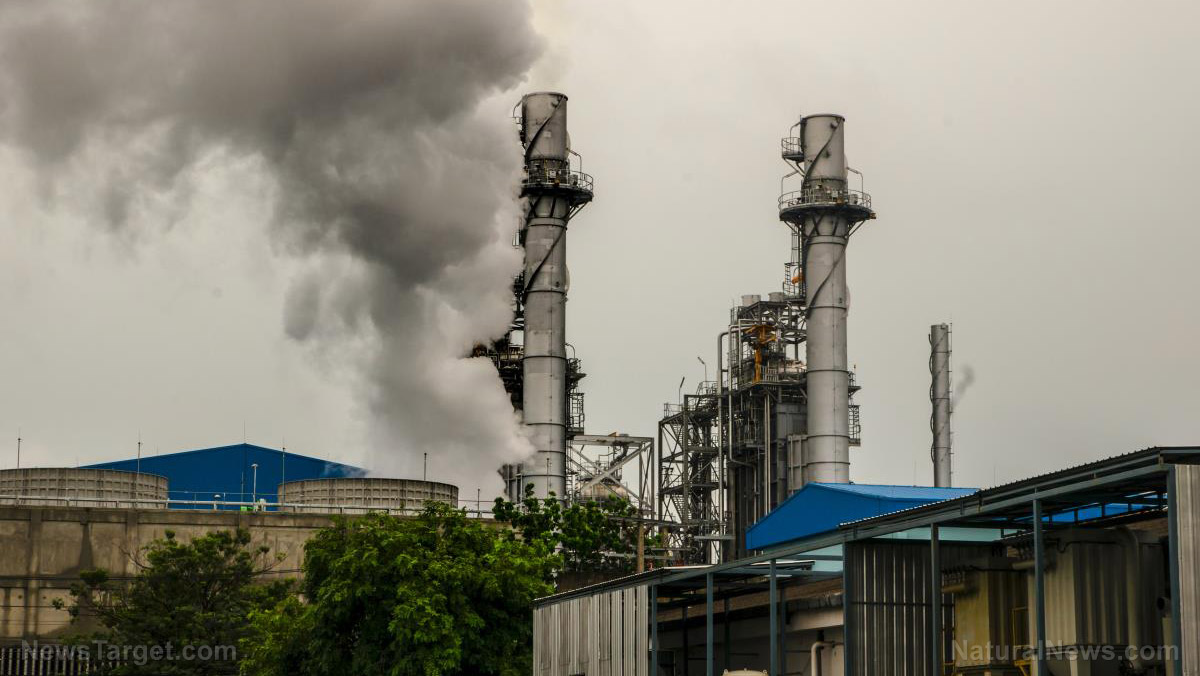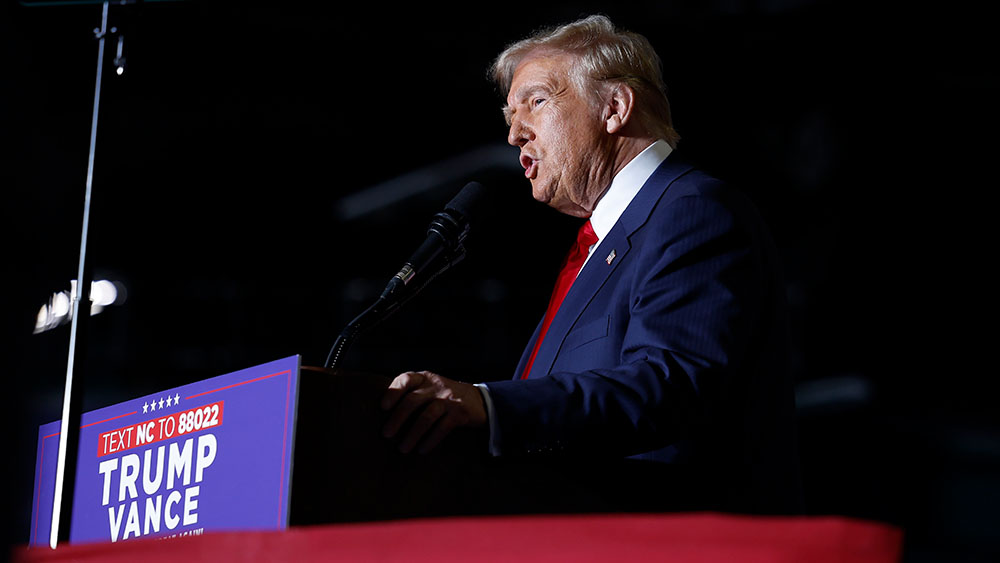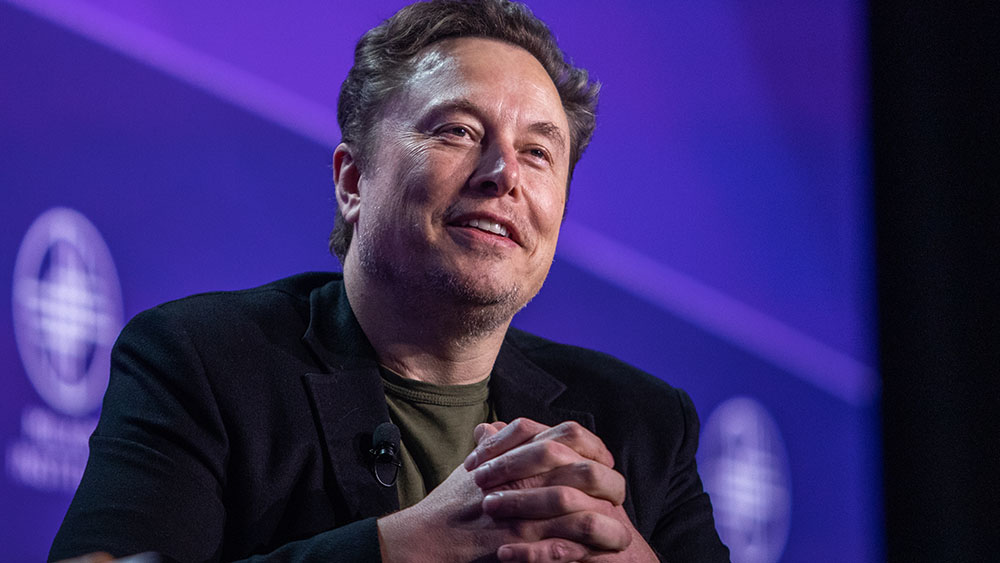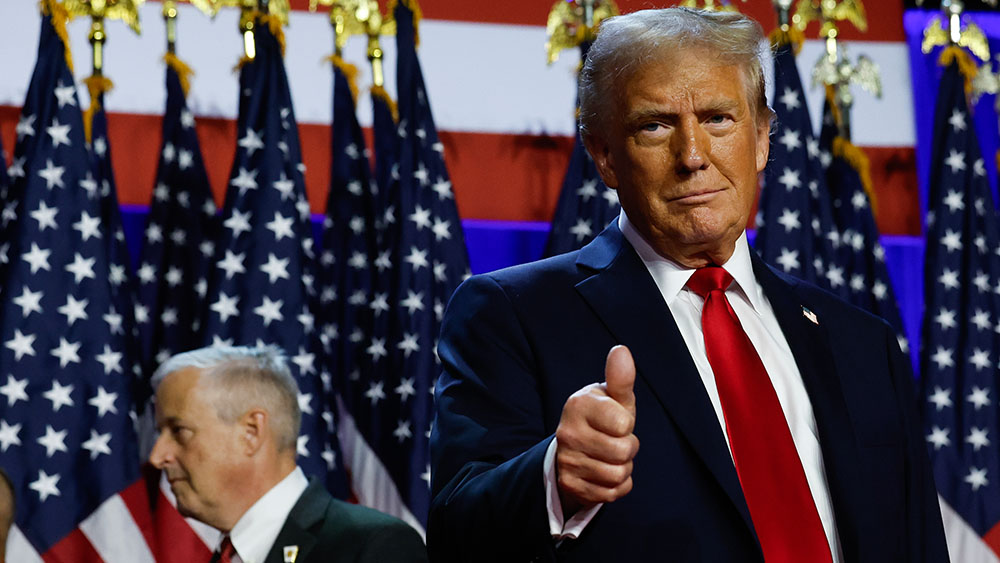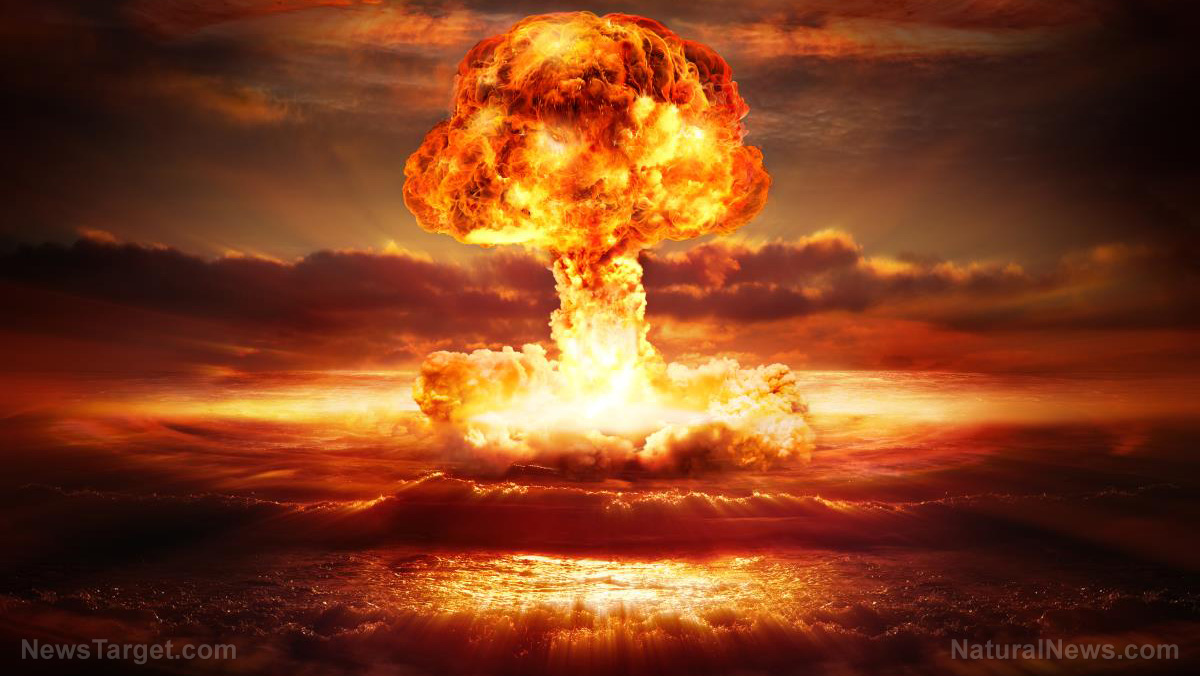Trump demands Ukraine repay U.S. aid with rare earth minerals amid war negotiations
02/15/2025 / By Cassie B.
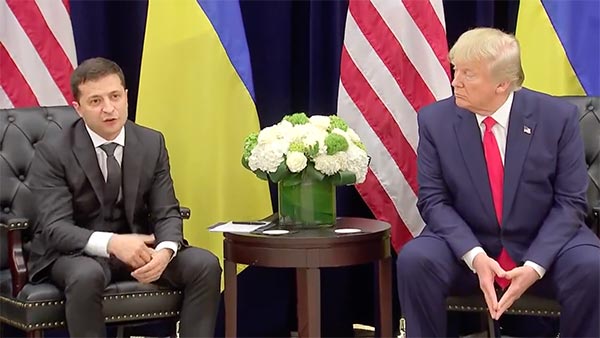
- Trump demands $500 billion in rare earth minerals from Ukraine as repayment for U.S. aid.
- Ukraine’s rare earth resources, critical for technology and military equipment, are largely in the disputed Donbas region under Russian control.
- Trump criticizes Biden’s $300 billion aid to Ukraine as “foolish” for lacking repayment guarantees, framing the minerals deal as a mutual economic partnership.
- Zelensky expresses optimism but admits Ukraine cannot access disputed resources without Western help to push out Russian forces.
- Trump’s strategy includes peace talks with Putin, but Russia’s demands for NATO withdrawal and territorial concessions complicate negotiations.
President Trump has demanded that Ukrainian President Volodymyr Zelensky provide $500 billion worth of rare earth minerals as repayment for U.S. aid. The demand, delivered by U.S. Treasury Secretary Scott Bessent during a high-stakes meeting in Kyiv this week, underscores Trump’s transactional approach to foreign policy and his determination to end the war in Ukraine.
Rare earth minerals, which include elements like lithium, titanium, and uranium, are critical to modern technology, from smartphones to military equipment. Ukraine is home to roughly 5% of the world’s mineral resources, with significant deposits located in the disputed Donbas region, much of which is currently under Russian control. Trump’s demand has sparked controversy, as Zelensky admitted that Ukraine does not fully control the resources in question.
Trump has long criticized the Biden administration for providing Ukraine with over $300 billion in aid without securing any guarantees of repayment. “The United States under Biden didn’t do loans. They just handed money every time somebody walked in from Ukraine. They just handed them money, foolishly,” Trump told reporters at the Oval Office.
During his meeting with Zelensky, Bessent framed the proposed minerals deal as an economic “partnership” that would benefit both nations. “By increasing our economic commitment through a partnership with the government and people of Ukraine, that will provide — once this conflict is over — a long-term security shield for all Ukrainians,” Bessent said.
Zelensky, eager to secure continued U.S. support, expressed optimism about the deal. “We had a productive, constructive conversation. For me, the issue of security guarantees for Ukraine is very important, and we talked about minerals in general,” he said.
Disputed resources and diplomatic challenges
The proposed deal faces significant hurdles, as much of Ukraine’s mineral wealth lies in the Donbas region, which is partially controlled by Russian-backed separatists. Denis Pushilin, head of the Donetsk People’s Republic (DPR), accused Zelensky of “selling out what remains of Ukraine,” noting that “most of the lithium and titanium is within our territory, which has already been liberated.”
Zelensky acknowledged the challenge, stating that Ukraine’s Western backers must first help push Russian forces out of mineral-rich territories before any investment in rare earth resources can occur. This admission raises questions about the feasibility of Trump’s demand and whether Ukraine can deliver on its promises.
Trump’s demand for rare earth minerals is part of a broader strategy to end the war in Ukraine. On the same day as Bessent’s meeting with Zelensky, Trump spoke with Russian President Vladimir Putin, signaling his intent to broker a peace deal. “We’re dealing with the Russians. We’re dealing with the Ukrainians. I think there’s going to be something,” Trump said.
However, Russia has set stringent conditions for peace, including Ukraine’s withdrawal from NATO ambitions and the ceding of four regions currently under Russian control. These demands have been dismissed by Kyiv as tantamount to capitulation.
Trump’s push for Ukraine to repay U.S. aid with rare earth minerals highlights his administration’s focus on securing tangible returns for American taxpayers. While the proposed deal could provide Ukraine with a post-war “security shield,” it also underscores the complexities of negotiating peace in a region fraught with territorial disputes and geopolitical tensions.
As the war in Ukraine approaches its third year, the question remains whether Trump’s approach will bring an end to the conflict or further complicate an already fragile diplomatic landscape. For now, the demand for rare earth minerals is showing the world that America’s generosity may no longer come without strings attached.
Sources for this article include:
Submit a correction >>
Tagged Under:
big government, chaos, Donald Trump, Donbas, metals, military aid, national security, progress, rare earth minerals, Russia, Russia-Ukraine war, Ukraine, Volodymyr Zelensky, White House, World War III
This article may contain statements that reflect the opinion of the author
RECENT NEWS & ARTICLES
COPYRIGHT © 2022 RussiaReport.news
All content posted on this site is protected under Free Speech. RussiaReport.news is not responsible for content written by contributing authors. The information on this site is provided for educational and entertainment purposes only. It is not intended as a substitute for professional advice of any kind. RussiaReport.news assumes no responsibility for the use or misuse of this material. All trademarks, registered trademarks and service marks mentioned on this site are the property of their respective owners.



